laptop buying guide for software developers
Laptop Buying Guide for Software Developers: 2025 Expert Insights
Stay ahead in software development with our in-depth analysis of the best laptops, technical benchmarks, and practical deployment tips for 2025.
Market Overview
The laptop market for software developers in 2025 is defined by rapid innovation, with Apple’s MacBook Pro 14-inch (2024) and high-end Windows ultrabooks leading the segment. Developers now demand machines that balance raw performance, battery life, and portability. According to RTINGS and TechRadar, the MacBook Pro 14 (2024) stands out for its processing power and efficiency, while Windows options like the Lenovo ThinkPad X1 Carbon Gen 12 and Dell Inspiron 5445 offer strong multi-core performance and enterprise features. The rise of AI workloads and containerized development has pushed demand for at least 16GB RAM and fast SSDs, with many professionals opting for 32GB RAM and 1TB+ storage for future-proofing. Battery life remains a top priority, with leading models offering 14–18 hours of real-world use.[1][2][5]
Technical Analysis
For software development, technical requirements vary by stack and workflow. Most experts recommend a minimum of an Intel Core i5 (13th gen or newer), AMD Ryzen 7 8840U, or Apple M1/M2/M3 chip. The MacBook Air 13-inch (M3) offers an 8-core CPU and up to 24GB unified memory, making it suitable for web, mobile, and general-purpose development. For Windows, the Lenovo ThinkPad X1 Carbon Gen 12 (Intel Core Ultra 7, 16–32GB RAM) and Dell Inspiron 5445 (Ryzen 7 8840U, 16GB DDR5 RAM) deliver strong multi-threaded performance, essential for running local databases, containers, and heavy IDEs. SSD storage (preferably NVMe, 1TB+) is critical for fast builds and multitasking. Display quality (at least 1920x1200, ideally 2.5K or higher) and keyboard comfort are also key for long coding sessions. Benchmarks show Apple’s M3 and M2 Pro chips outperform most x86 CPUs in single-threaded tasks, while high-end Intel and AMD chips excel in multi-core workloads.[1][2][3][5]
Competitive Landscape
Apple’s MacBook Pro 14 (2024) dominates for macOS and cross-platform developers, offering unmatched battery life, build quality, and performance. The MacBook Air M1 remains a budget-friendly option, though its 8GB RAM and 256GB SSD may limit power users. On the Windows side, the Lenovo ThinkPad X1 Carbon Gen 12 is favored for its durability, keyboard, and security features, while the Dell Inspiron 5445 provides excellent value with Ryzen 7 8840U and DDR5 RAM. HP Pavilion AI Ultra 5 targets those prioritizing battery life, but with only two performance cores, it may lag in CPU-heavy builds. Each platform has trade-offs: Apple excels in efficiency and ecosystem integration, while Windows and Linux laptops offer broader hardware choices and upgradability.[1][2][3][5]
Implementation Insights
Real-world deployment highlights several practical challenges. Developers running Docker, Kubernetes, or local AI models should prioritize at least 16GB RAM (32GB for heavy multitasking) and fast SSDs. For cross-platform work, dual-boot or virtualization support is essential—Apple Silicon now supports Linux and Windows via Parallels, but with some compatibility caveats. Port selection matters: Thunderbolt/USB-C is standard, but legacy ports (HDMI, USB-A) may be needed for debugging hardware or connecting to external monitors. Battery life is critical for remote work; models like the MacBook Air M3 and ThinkPad X1 Carbon routinely deliver 14–18 hours in mixed-use scenarios. Developers should also consider keyboard ergonomics, display brightness (400+ nits for outdoor use), and build quality for long-term reliability.[3][5]
Expert Recommendations
For most software developers in 2025, the Apple MacBook Pro 14 (2024) is the top choice for its blend of power, battery life, and ecosystem support. Windows users should consider the Lenovo ThinkPad X1 Carbon Gen 12 or Dell Inspiron 5445 for robust performance and enterprise features. Prioritize at least 16GB RAM, 1TB SSD, and a high-resolution display. For AI, data science, or container-heavy workflows, 32GB RAM and a multi-core CPU (Apple M3 Pro, Intel Ultra 7, or Ryzen 7 8840U) are recommended. Looking ahead, expect further integration of AI accelerators and improved ARM-based options. Always balance performance with portability and ensure your choice aligns with your primary development stack and deployment needs.[1][2][3][5]
Recent Articles
Sort Options:
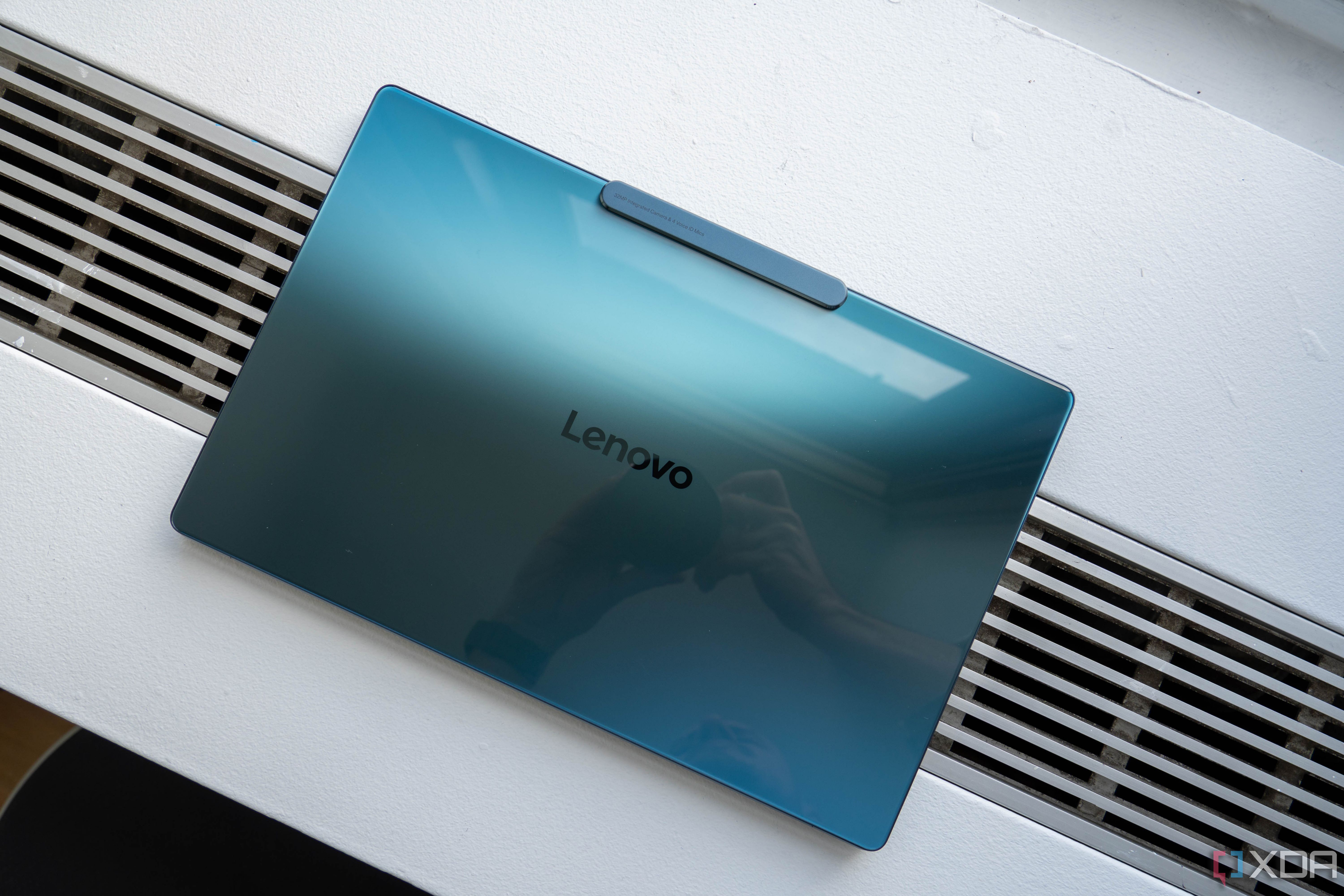
Best laptops in 2025
Choosing the right laptop can be overwhelming due to the multitude of brands, models, and configurations available. The publication highlights the challenges consumers face in navigating this complex market to find the perfect device.

How to buy a laptop for school, work, or gaming (and our top picks for each)
Most laptops are categorized into three main types. The publication provides essential considerations to guide readers in making informed purchasing decisions for their next laptop, ensuring they choose the best option for their needs.

Buying a laptop for college? Focus on these 6 crucial features
As students prepare for the academic year, selecting the right laptop is crucial. Key features to consider include battery life, screen quality, weight, operating system, and keyboard comfort, ensuring a reliable and efficient study companion.
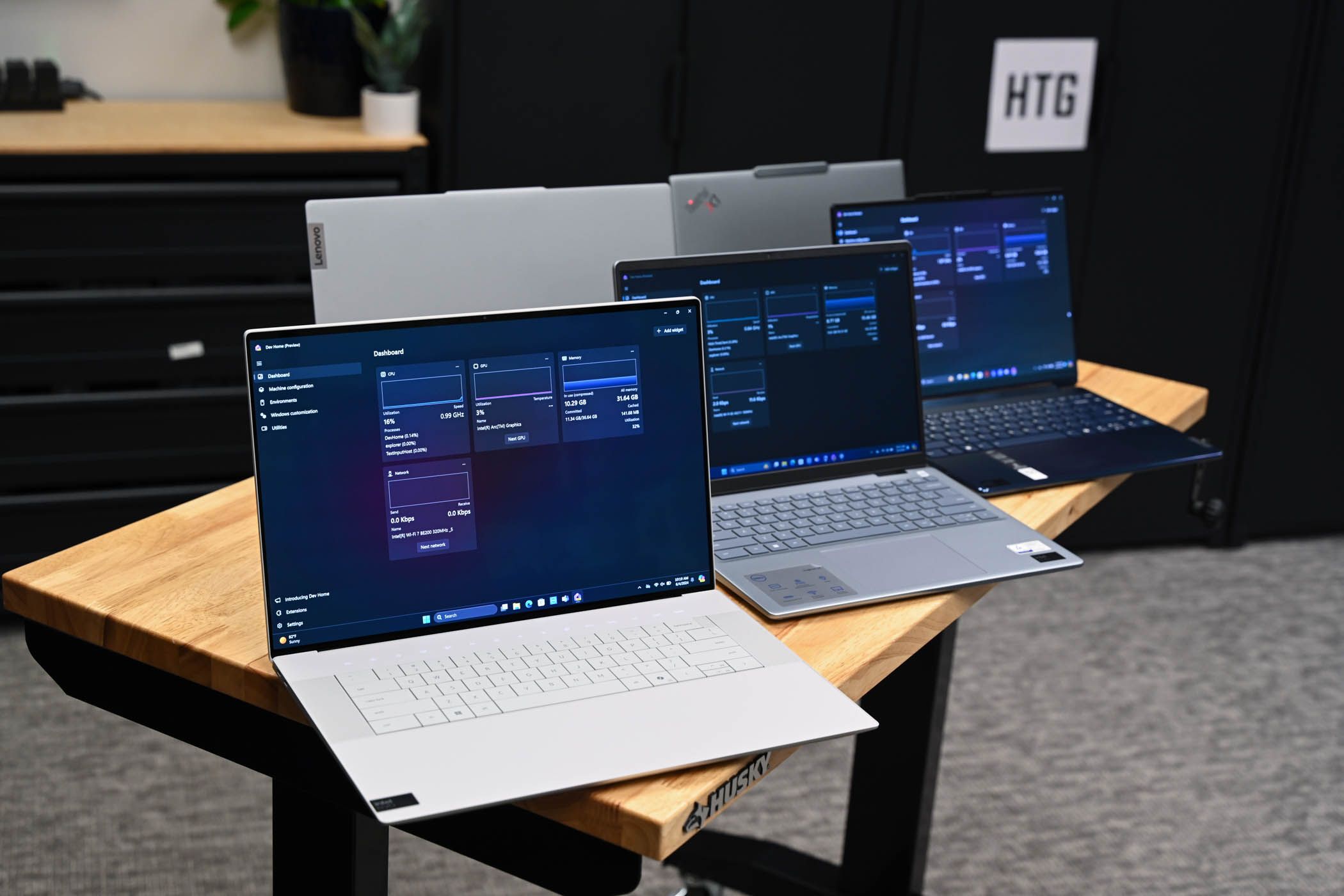
The Best Laptops of 2025
Choosing the ideal laptop can enhance your computing experience, but it often feels daunting. The publication highlights key areas to consider, making the process of finding the perfect laptop straightforward and enjoyable.

The best laptop you can buy in 2025
Engadget highlights the best laptops of 2025, emphasizing the powerful Apple MacBook Air M4 as a top choice. The article explores various models, operating systems, and essential features, catering to diverse user needs from casual browsing to high-performance tasks.
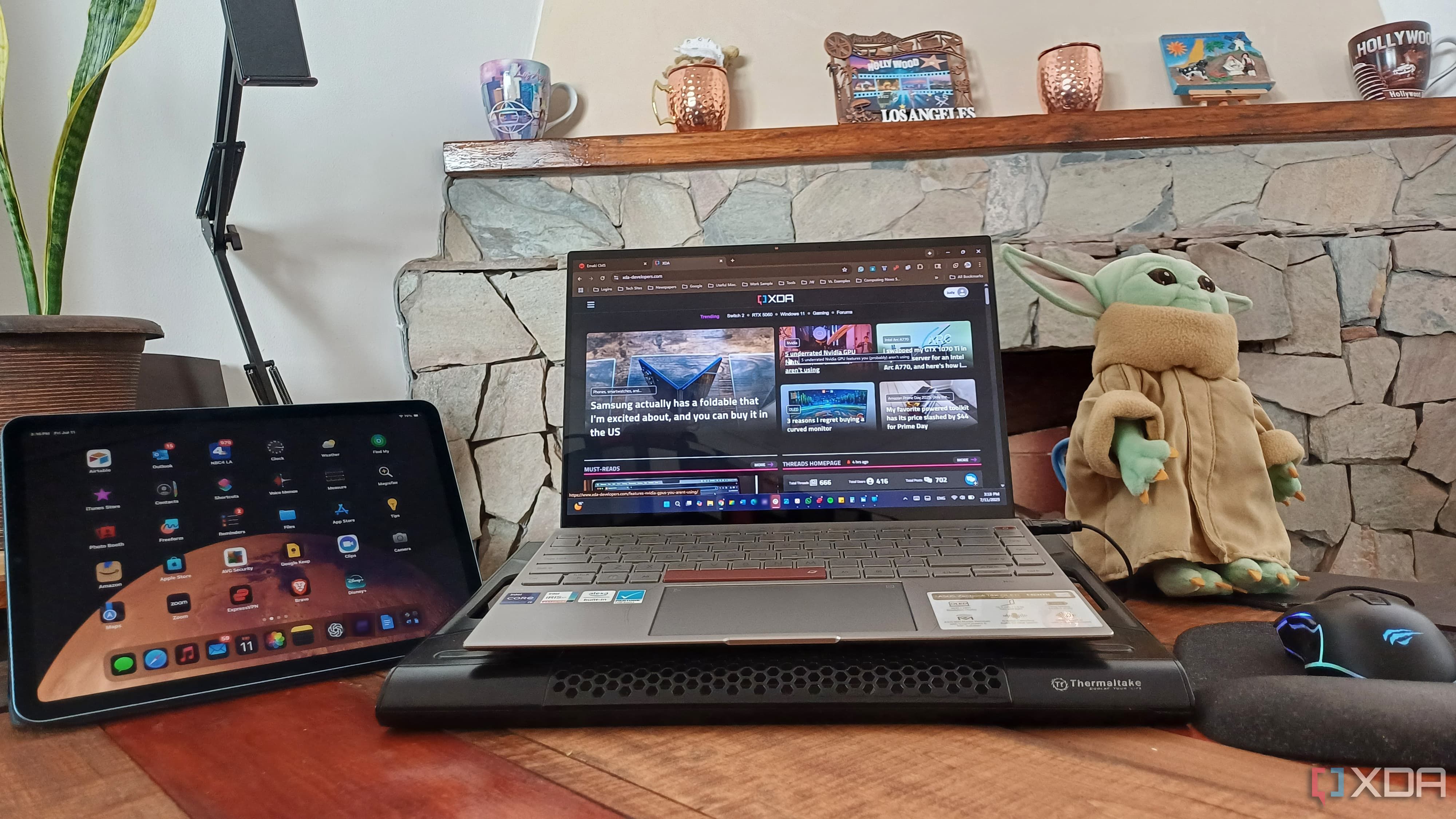
Why I always buy laptops with better specs than I need
A recent article emphasizes the importance of considering future needs when purchasing a laptop. The authors highlight that focusing solely on current requirements can lead to premature replacements, advocating for a more forward-thinking approach to technology investments.

The best laptops for college students
Choosing the right laptop for college involves balancing performance, portability, and budget. The authors emphasize considering your major's requirements and suggest options ranging from ultraportables to budget-friendly Chromebooks, ensuring students find the perfect fit for their needs.
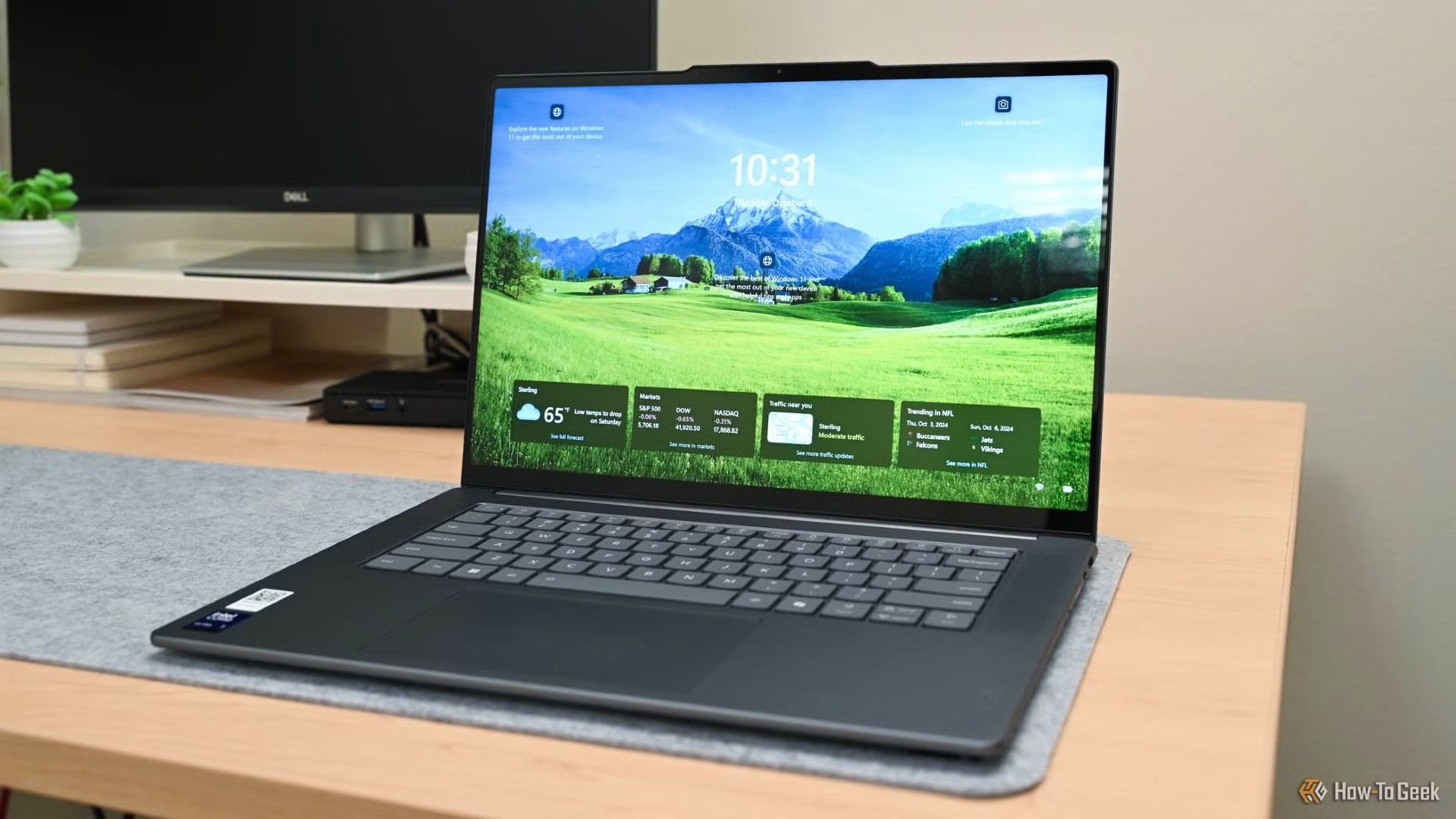
These Are The Few Laptops That Are Actually Worth Buying Today
Investing in a laptop is crucial, as it serves as a vital tech asset for years. The publication emphasizes the importance of selecting a model that includes all essential features to maximize value and functionality.
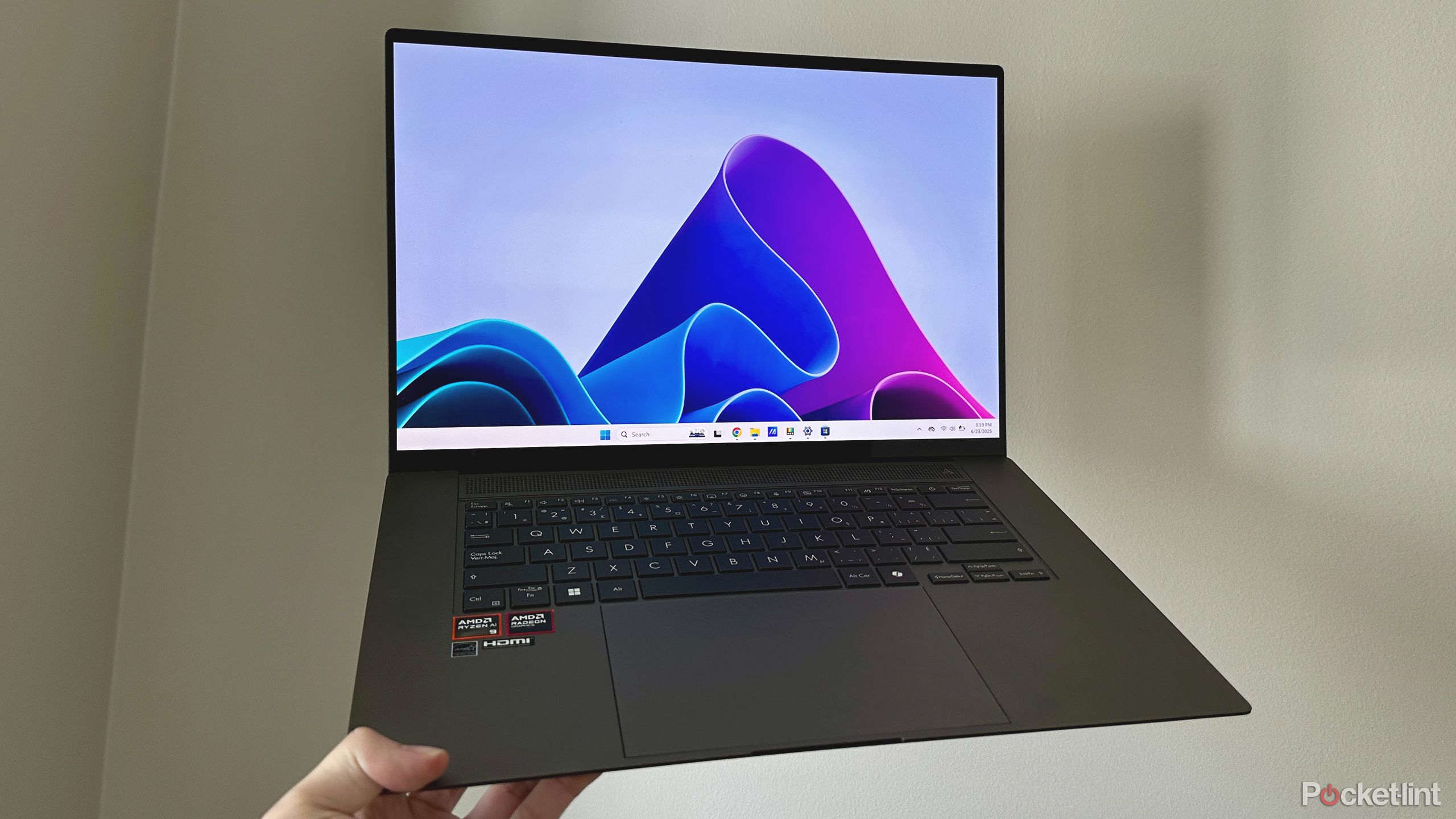
If a Windows laptop doesn't have these 5 things, I'm not buying it
The article reflects on the author's personal journey in selecting the perfect laptop, emphasizing the importance of making a thoughtful investment for long-term use. It highlights the Dell XPS as a reliable choice for both work and light gaming.